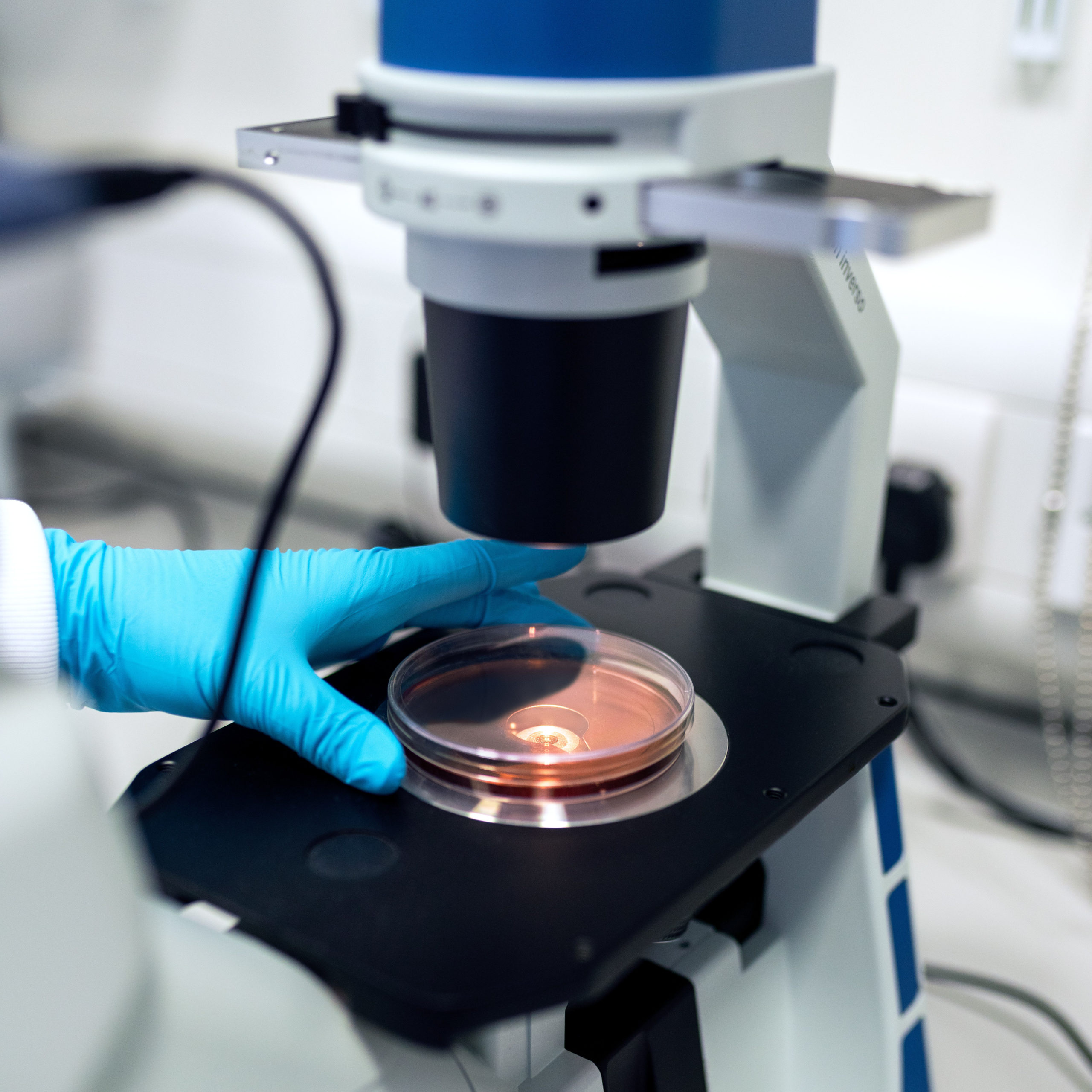
Usually based in laboratories working in areas of diagnosis, screening, monitoring and research they carry out investigations on tissue and body fluid samples. Every year in the UK they handle over 150 million samples. It is estimated that over 70% of medical diagnoses are based on their laboratory test results*. Without a biomedical scientist, diagnosis and treatment would be less effective
To see how Biomedical Scientists fulfil their roles in different disciplines click here
*Royal College of Pathologists
To work as a Biomedical Scientist you need to be Registered with the Health and Care Professions Council (HCPC). The HCPC is a regulatory body which regulates many professions including Biomedical and Clinical Scientists. Biomedical Scientist is a protected title. The public can check that a member of staff is registered with the HCPC. For information on training as a Biomedical Scientist please see our Training page.
For more information on careers in Pathology please visit the following websites:
EWG-H-010 Last updated 28/06/22 (2)